As a developing economy, India has numerous developmental aspirations. How India meets these goals without worsening the climate crisis is at the heart of CSTEP's work. Addressing climate change and enabling a secure and sustainable future for Indian citizens require an overhaul of previous paradigms on development and resource utilisation. This is reflected in our work on developing low-carbon trajectories for development with an emphasis on nature-based solutions.
We are working with state governments across India to build capacity on risk and vulnerability assessments to inform their respective action plans on climate change. The transition from fossil fuels to renewable energy is crucial to achieving a secure and sustainable future. CSTEP's studies explore the possibility of a greater integration of renewables in the energy sector.
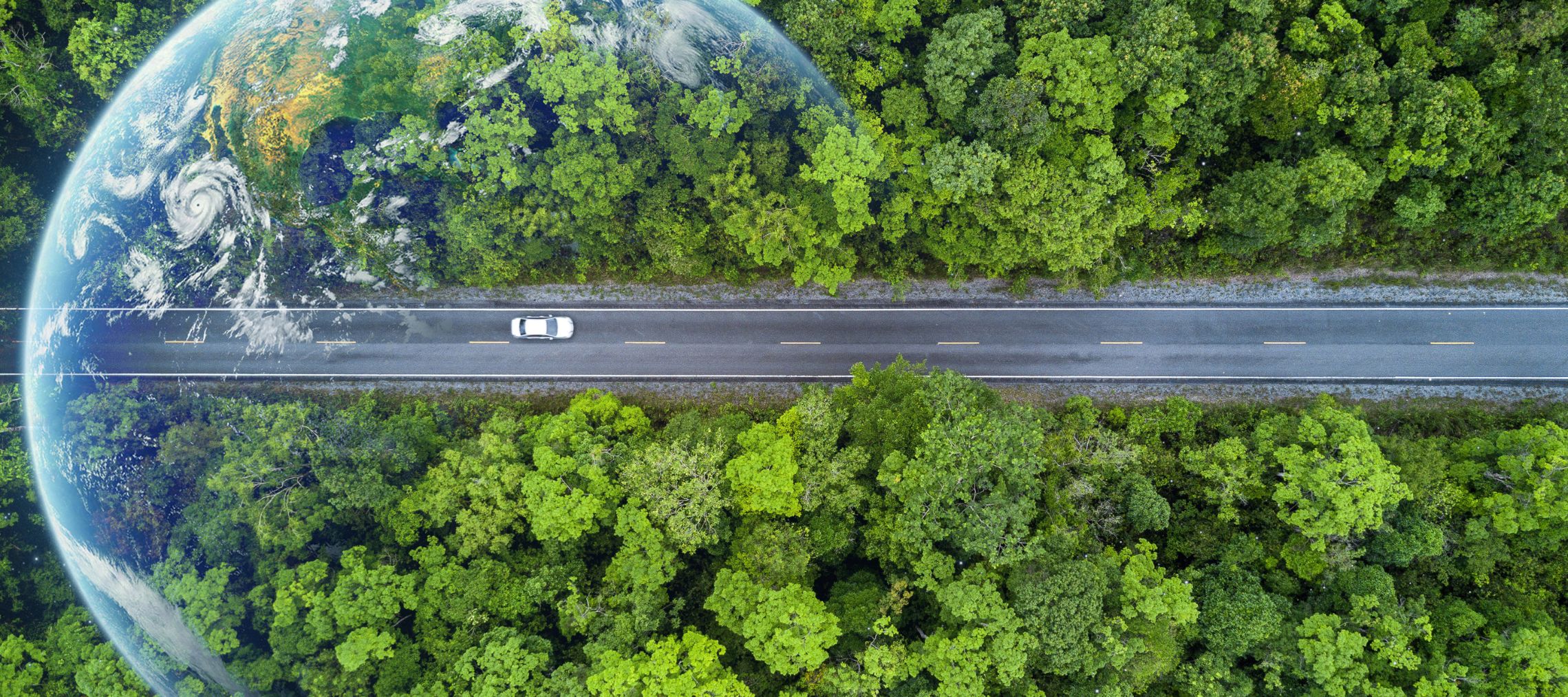
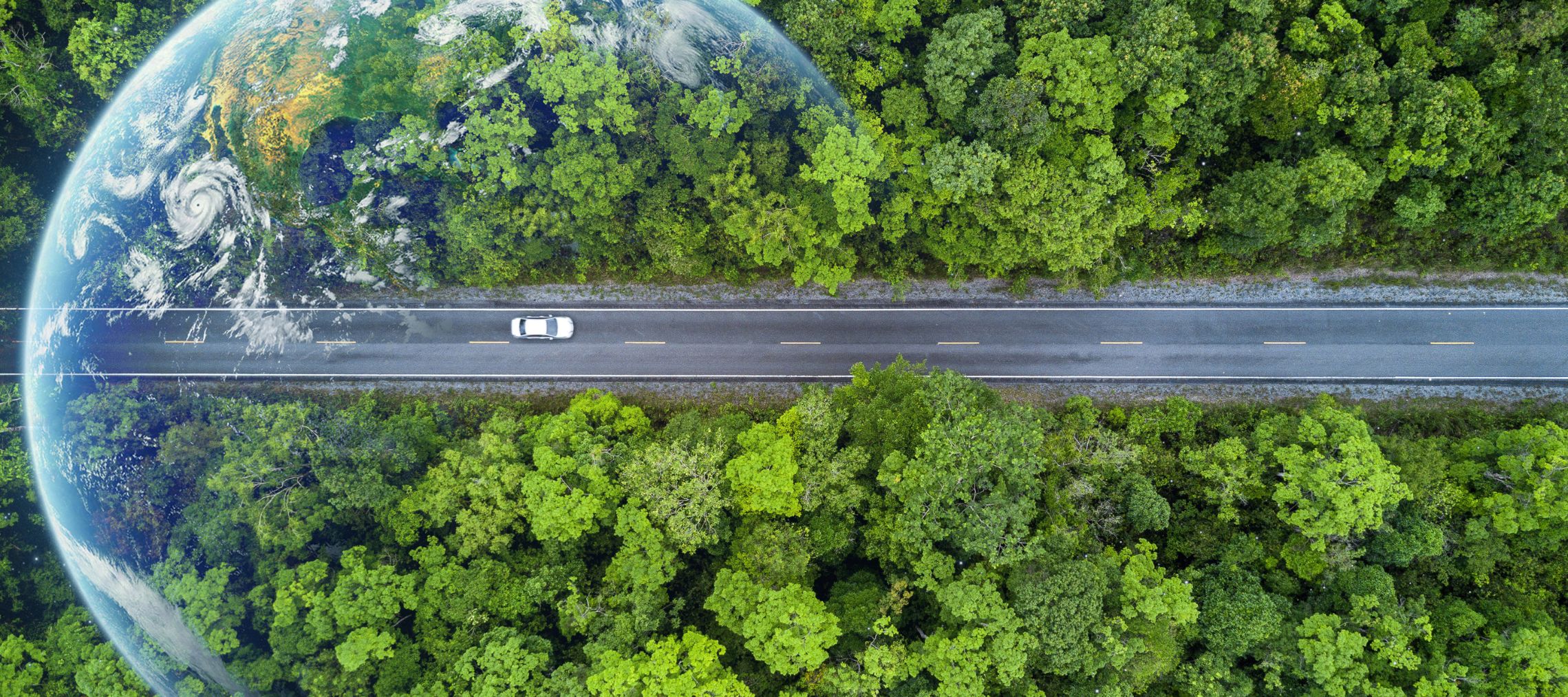
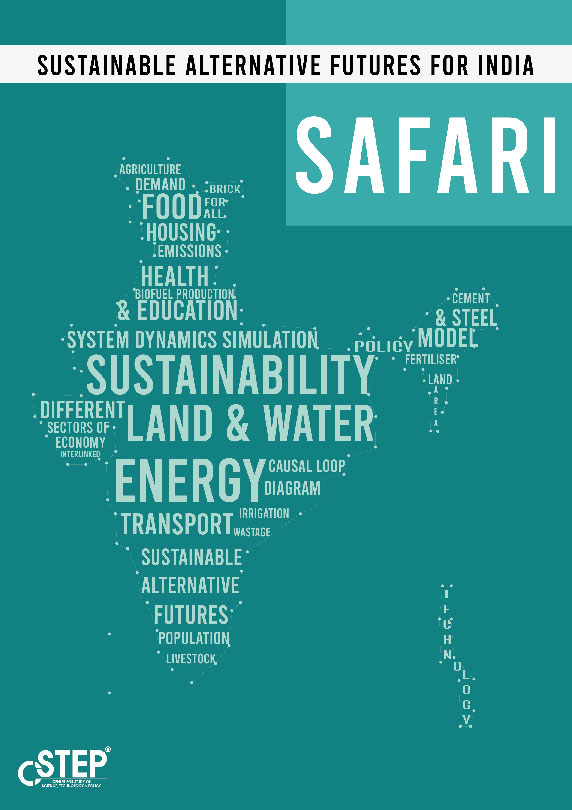

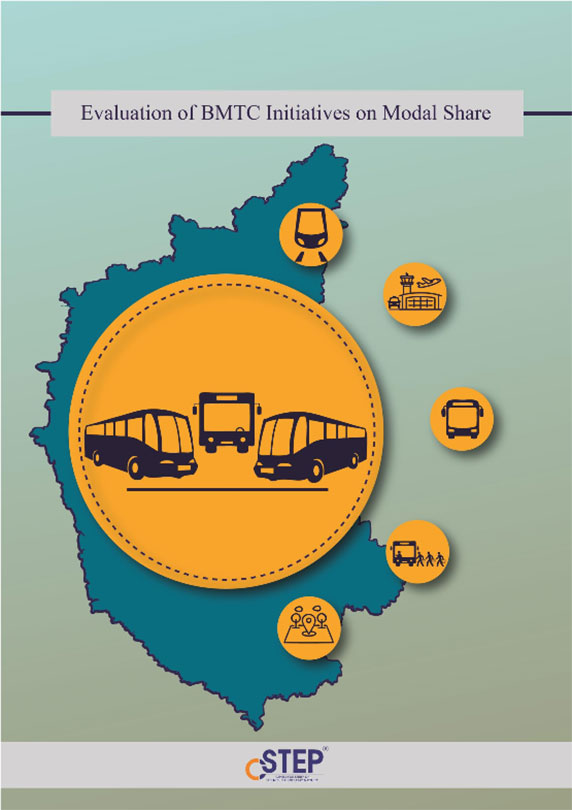
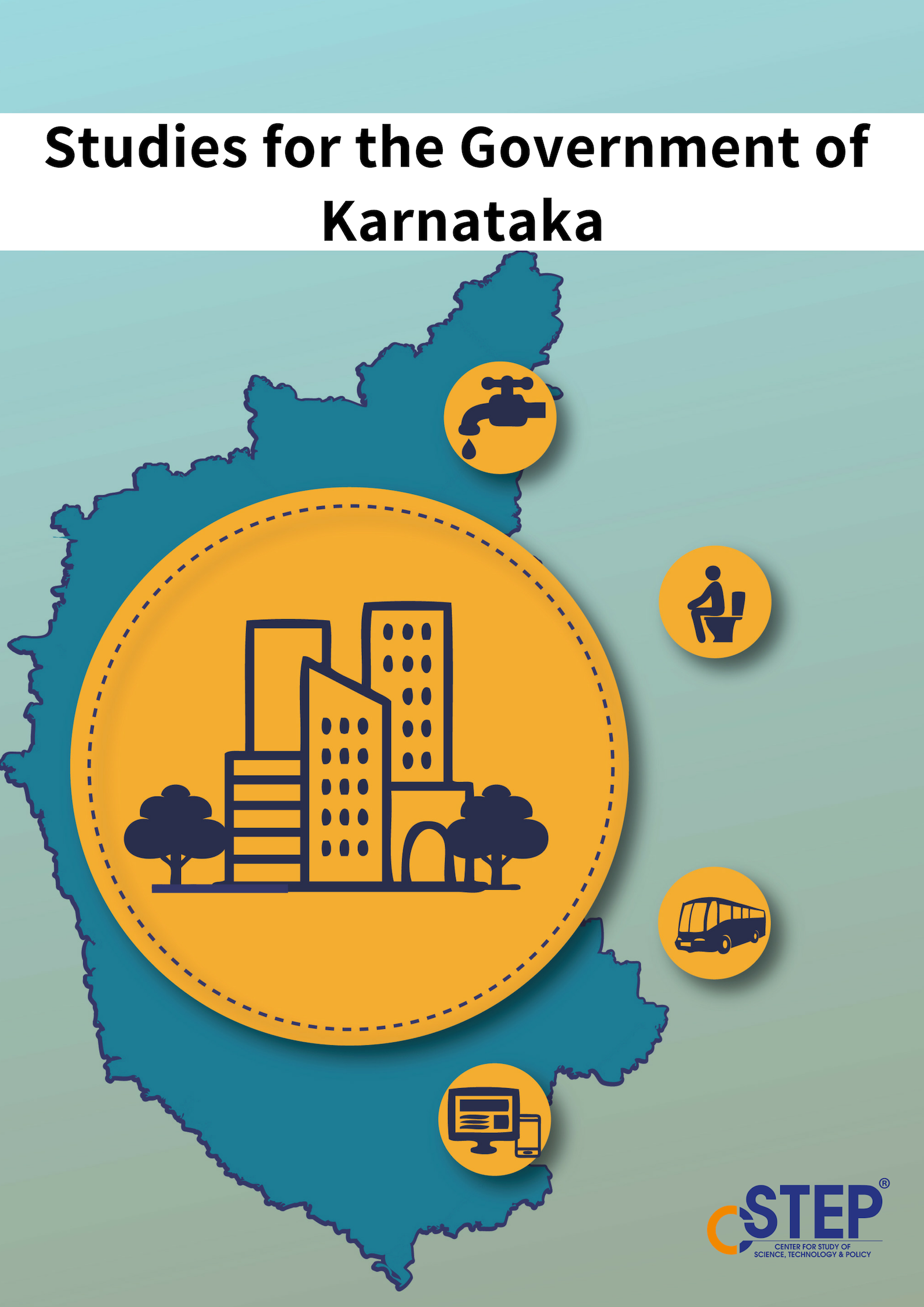

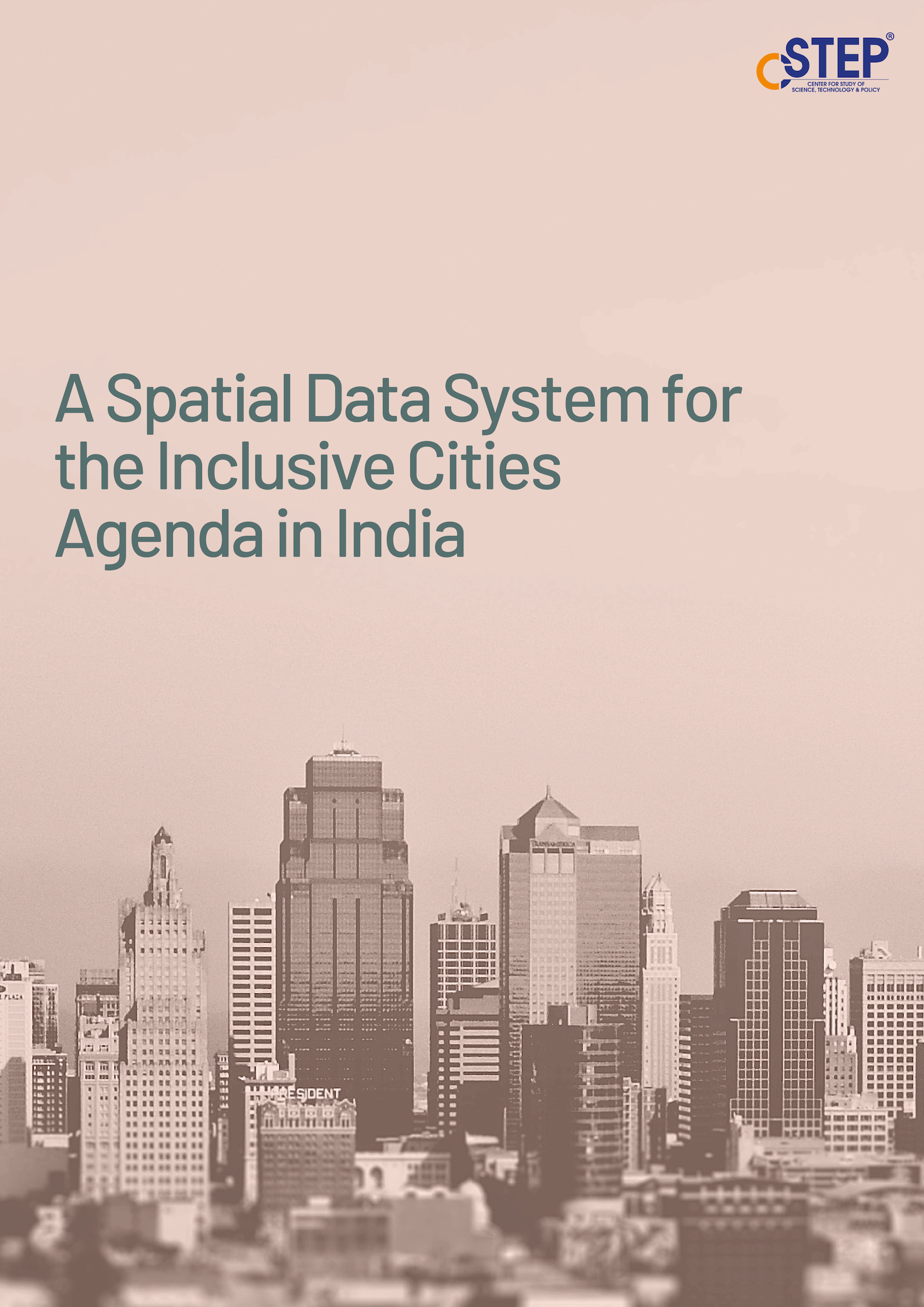
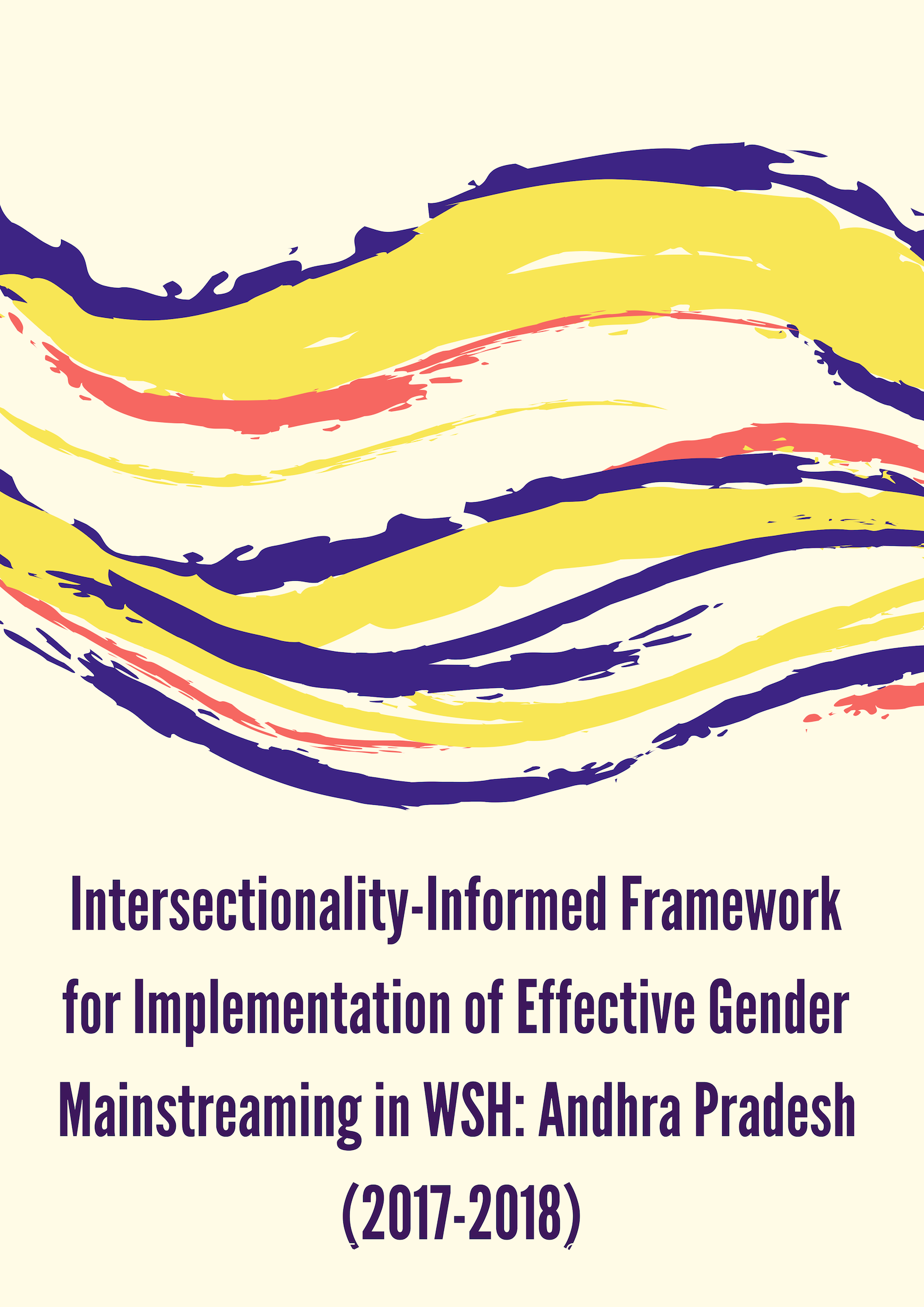
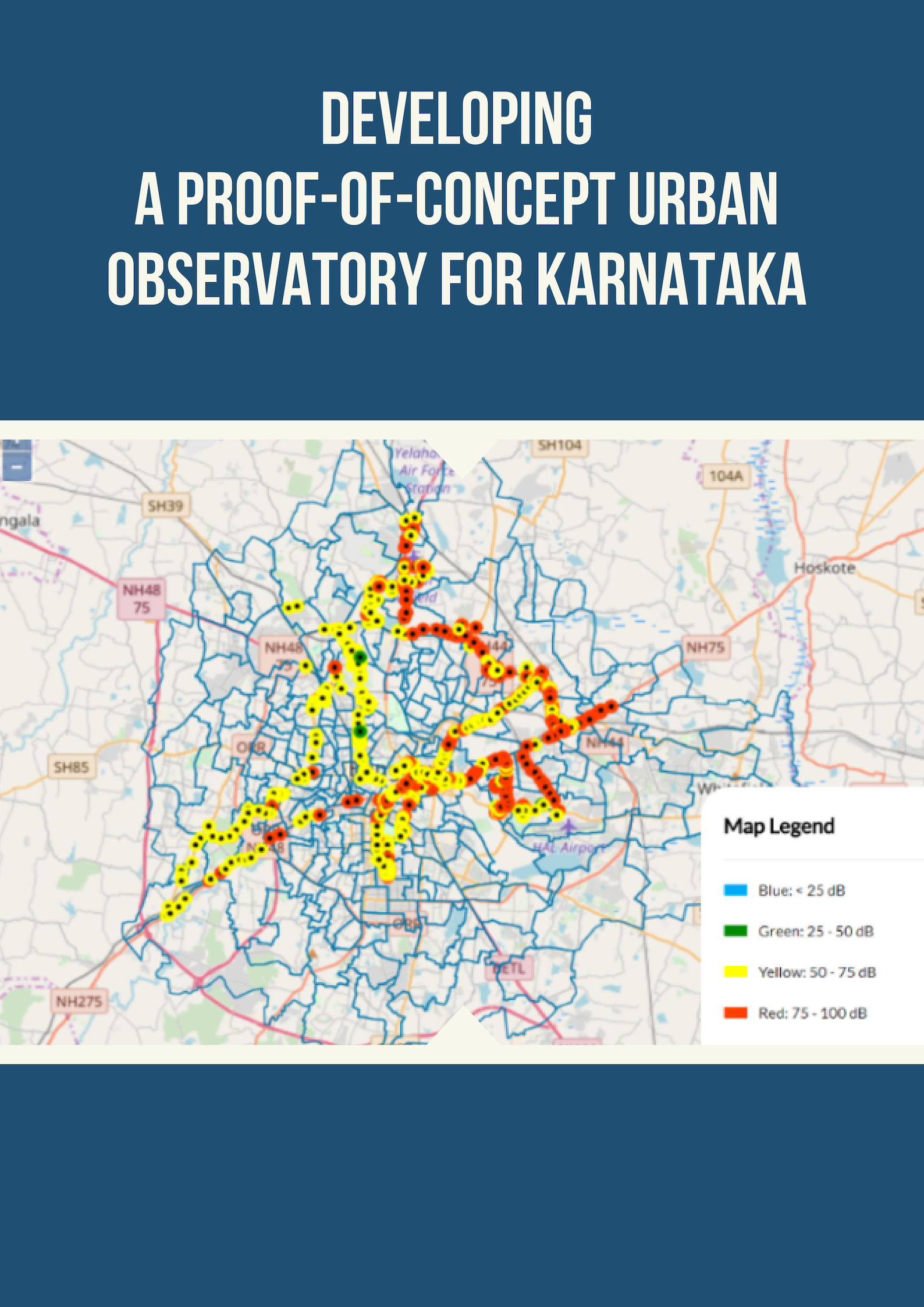
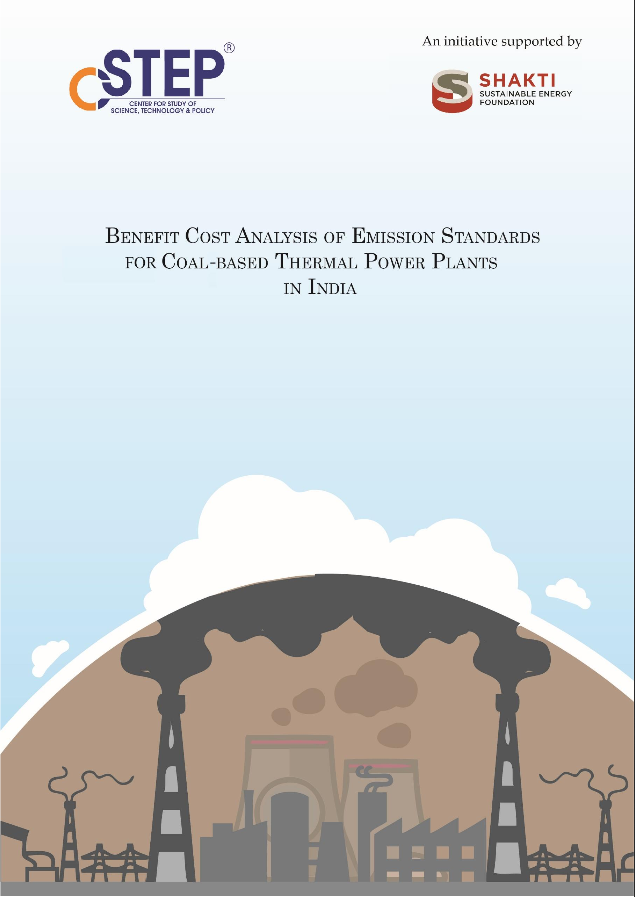


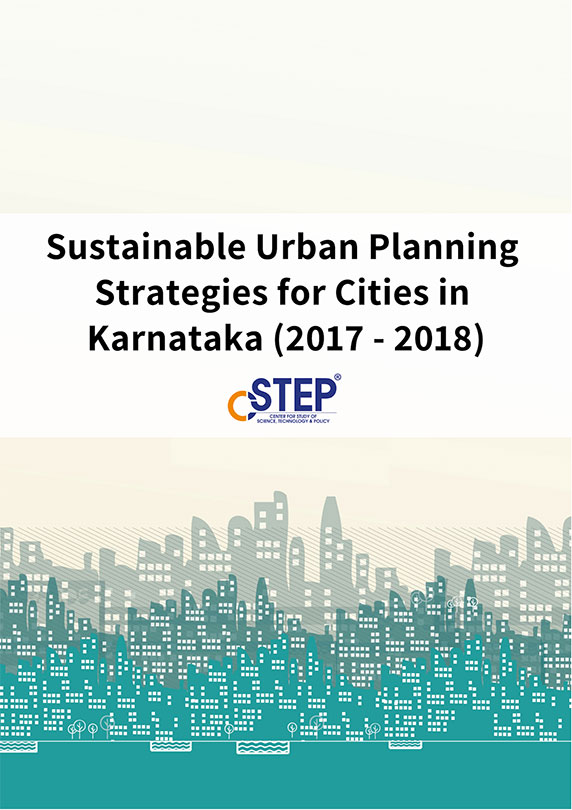




Press Release - CSTEP Study: Southern States of India Set for Warmer Winters, Heavier & More Frequent Rainfall
Changing climate patterns – from warmer summer maximum and winter minimum temperature to heavier and more frequent rainfall – are to be expected across all states in South India, according to a new study by the Center for Study of Science, Technology and Policy (CSTEP).
District-Level Changes in Climate: Historical Climate and Climate Change Projections for the Western States of India
The impacts of climate variability, climate change, and extreme events are visible globally and in India. The Global Climate Risk Index 2021 ranks India seventh, considering the extent to which India has been affected by the impacts of weather-related loss events (storms, floods, heatwaves, etc.). The index signals that repercussions of escalating climate change are exacerbating and can no longer be ignored.
District-Level Changes in Climate: Historical Climate and Climate Change Projections for the Central States of India
The impacts of climate variability, climate change, and extreme events are visible globally and in India. The Global Climate Risk Index 2021 ranks India seventh, considering the extent to which India has been affected by the impacts of weather-related loss events (storms, floods, heatwaves, etc.). The index signals that repercussions of escalating climate change are exacerbating and can no longer be ignored.
Indoor and Ambient Air Pollution in Chennai, India during COVID-19 Lockdown: An Affordable Sensors Study
The Tamil Nadu Air Pollution and Health Effects study (TAPHE-2) aims to evaluate the relationship between air pollution and birth outcome in a rural-urban cohort of 300 pregnant women. Due to COVID-19 related lockdowns, some TAPHE-2 activities were delayed; however, continuous indoor and outdoor air quality data were collected in and around Chennai, India.
District-Level Changes in Climate: Historical Climate and Climate Change Projections for the Southern States of India
The impacts of climate variability, climate change, and extreme events are visible globally and in India. The Global Climate Risk Index 2021 ranks India seventh, considering the extent to which India has been affected by the impacts of weather-related loss events (storms, floods, heatwaves, etc.). The index signals that repercussions of escalating climate change are exacerbating and can no longer be ignored.
